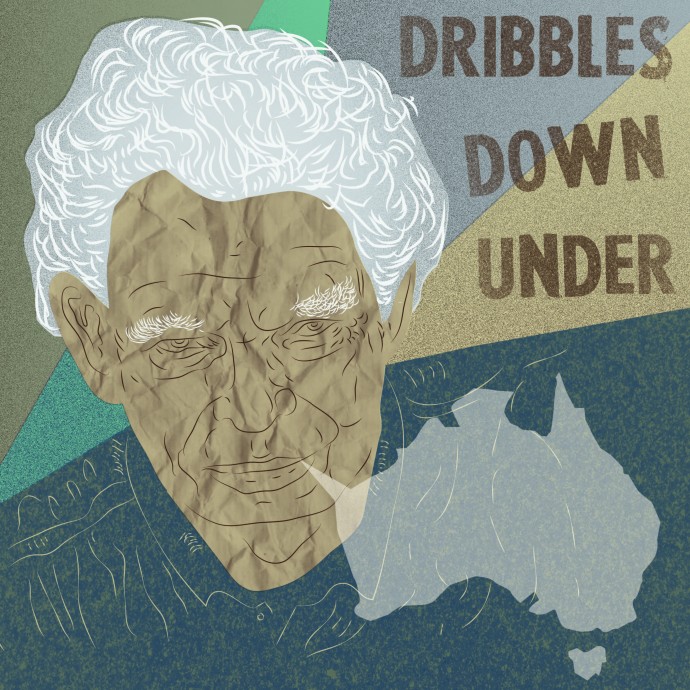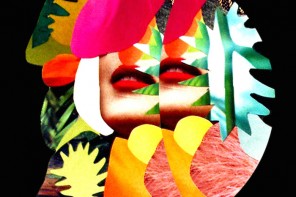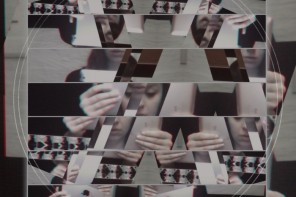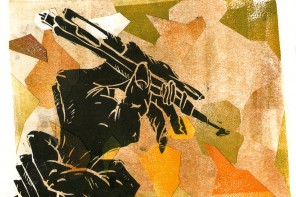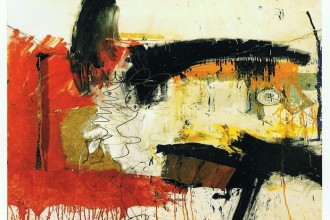Indigenous Australians have gone through a lot since European settlement: the genocide that began at colonisation in 1788; the removal of indigenous children from their homes, known as the ‘stolen generation’; and the current gaps in literacy and life expectancy between indigenous and non-indigenous Australians. The government tried to make amends in 2008, when former Prime Minister Kevin Rudd historically apologised to the victims of the stolen generation, but there is still a long way to go. At the International Literature Festival in Berlin, Sensa Nostra spoke to Herb Wharton, who is an Elder of the Kooma People, an indigenous tribe from northeastern Australia. After working as a drover (moving animals over long distances) for thirty years, he developed an interest in writing at the age of fifty and became a literary ambassador for his people. Sensa Nostra spoke to Herb about his culture, his writing and his life.
I was born in Cunnamulla in outback Queensland in 1936. It’s about a twenty-hour train trip from Brisbane, Queensland’s capital, and only two trains go out there a week. I grew up in an Aboriginal camp on the outside of the town, where we lived in segregation. We called it Yumba—that means camp in our language. We were lucky we weren’t sent to missions, because that would have been ten times worse. I remember me father chasin’ me to school with a stock whip, but he wouldn’t let ‘em give me homework. When we got home, we got another education—we were still livin’ within our tribal boundaries and there was no social security back then so we had to learn how to go out into the bush to get a feed for the old people, and get wood and water for the humpies. The tap was 100 yards away, so we realised that was as important an education as the one we got in school.
When I was twelve or thirteen I went drovin’. I left school, I had already learned to read and write—that was the most important. I was drovin’ for twenty or thirty years on and off, maybe more. I’ve seen more of outback Queensland than most explorers. Lookin’ down from there on horseback I could see everythin’. There aren’t many drovers anymore, because now there are bitumen roads. When I was workin’ the roads were all dirt, and you’d travel for days across the outback. In the summer we didn’t go drovin’, it was too hot. Sometimes we’d work on stations; sometimes we’d build fences or roads. I had an operation on me hip when I was younger and they bent the pin—one leg was shorter than the other. I remember I was in a lot of pain, but I still went drovin’. When I got to about forty the pain was so bad I had to stop. They put me up in a flat in the Yumba. It’s the place where I did all me writin’. I own it now, and when I die I want it to be a community arts centre.
It all started with writin’ when an old mate of mine asked me a question about the past and the present. I was always argumentative, but I couldn’t answer him. I borrowed some pen and paper to write him a letter and when I re-read it and I thought, “That’s a pretty good letter, and him bein’ a song writer I’d better turn it into a poem.” I did, and I sent it to him, but I still didn’t answer his question. So I wrote five more poems, and then I kept writin’ and then eventually I wrote about a hundred more. All that and a few books later, I still haven’t answered his question. I don’t know if I write poetry or prose and I don’t give a bugger! I used to take the writin’ materials from the rubbish, but then I heard an office near the camp needed someone to clean their offices and I said, “Yeah look I’ll do it if I can use ya computers on the weekends.” They said yes, and I’d have to call one of me nieces or nephews to show me how to use the bloody things—I still do! I’d never shown me writin’ to anyone, except for the letter, but this old journalist mate of mine, he was a whitefella but a good mate, he told me about all these things and about this David Unaipon Award for Unpublished Aboriginal Authors. I sent somethin’ in, and I didn’t think anythin’ of it. I went back to Cunnamulla where I didn’t have a phone or anythin’ like that—and I was down the pub where all us mhurdies used to drink, and the University of Queensland called me there and said, “We want to see you, come to Brisbane.” I went to Brisbane and when I got there they said to me, “We want you to write a novel,” and they gave me a one or two grand advance. I’d never seen that much money in me life! I bought an old typewriter and when I got back to old Cunnamulla, where no one’s read or written to ya, I was thinkin’, “How the bloody hell do I write a novel?” They told me to write about somethin’ I know and I said, “I only know about drovin’ and the bush.” I wrote the first and the last paragraph in the first hour and then I had to make it last for forty years! That was Unbranded, it was first published in 1992. It’s still in print now.
Spiritually, I’m not so influenced by stories, but by the earth itself—the importance of it. I’m not a greenie, I’d say a conservationist. If there was a god, to me it would be an invisible impulse that emanates from the soul of Mother Earth, and when I die I go back there. I don’t want to be buried in a cemetery, I just want ‘em to plant some seeds and a bush tucker tree will grow, and it won’t have to be cultivated and people and the birds can get somethin’ from it. I have no need to go to heaven, I’ve lived in Paradise, I’ve lived on Earth. People think food comes from the supermarket these days, but it still comes from the earth—everythin’ does. I belong to the land, it gives me me identity. I don’t own it. Some people do, but they will never belong to it.
I think Australia is still much too attached to England. We need to become a republic. All this boat people stuff, that’s about two hundred years too late! I say we’ve got a better class of ‘em now, because they don’t kill ya and take ya land. I wrote about it in the poem Boat People. They’ve been talkin’ about it for years; I wrote the poem in 1988. I like a lot of these other countries like Germany, because they’re more willin’ to acknowledge their bad past—not like us! I mean, ya had it when Rudd apologised for takin’ the children away, but that wasn’t even the worst of what happened. There’s no point in ‘em makin’ all this money available to us when they haven’t acknowledged the past. I gotta argue with me own people, because I think sometimes the children have to be taken away from the parents to give ’em a chance at an education—as long as they know where they came from. In the Yumba days, the old people used to threaten to get ‘em to come and take the kids away if they weren’t lookin’ after ‘em properly, so they could have a chance.
I have to stop over in London on the way home because they’re havin’ an Australian and New Zealand cultural festival next year that I’m invited to. I’m goin’ to a cultural festival in between Sydney and Canberra next year, too. They’re goin’ to put one of me poems to music for it. I got a call from the Queensland government, they asked if they could put a plaque of me up as one of the Queensland Greats in Roma Street Parkland in central Brisbane. They have scientists and academics there, and they put me up there too! The University of Southern Queensland also asked if they could put me poem on the big stone in front of the bush tucker garden they’re cultivatin’. I don’t even know how I end up at all these festivals and things—people just call me up! I’m honoured and humbled to be here.

